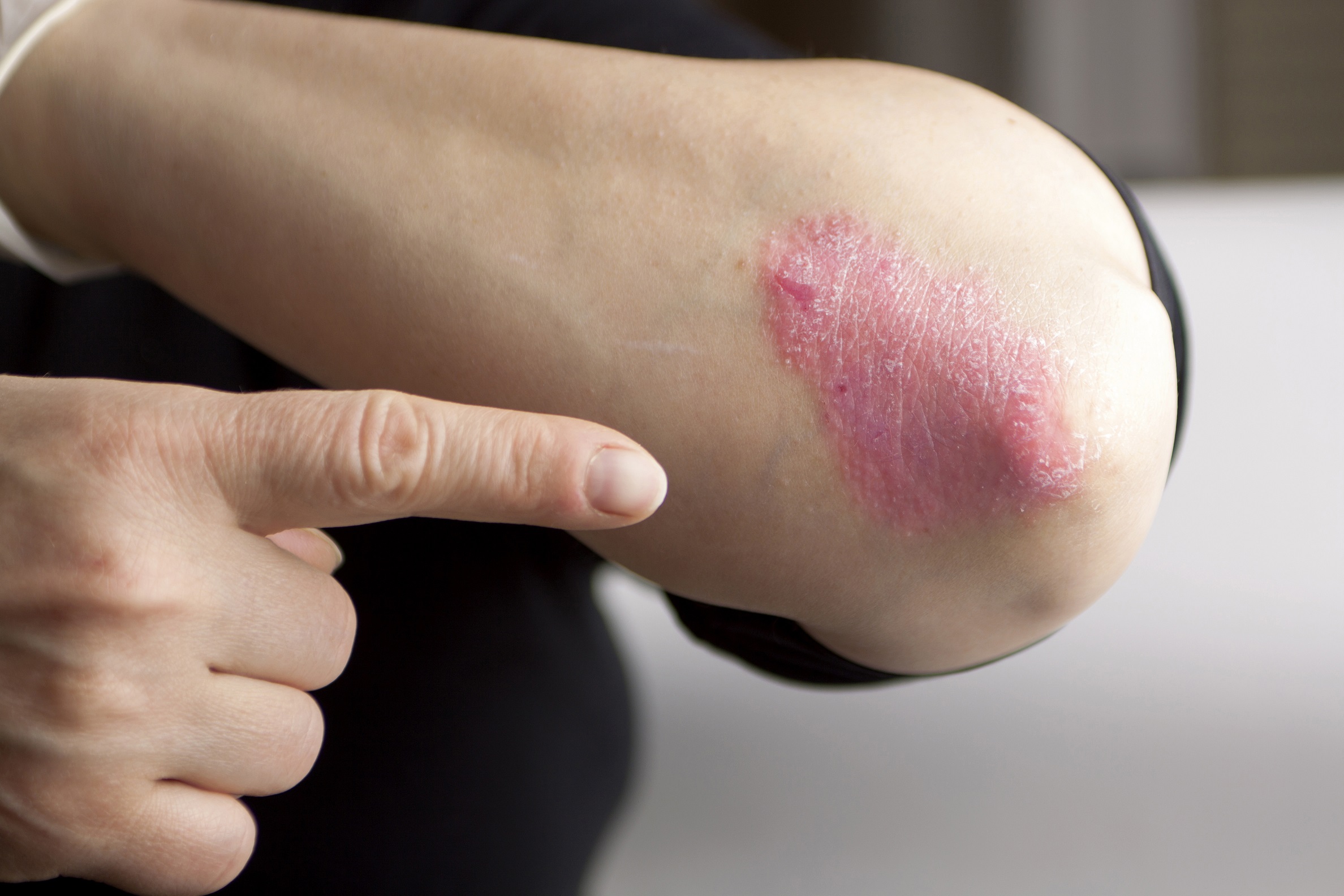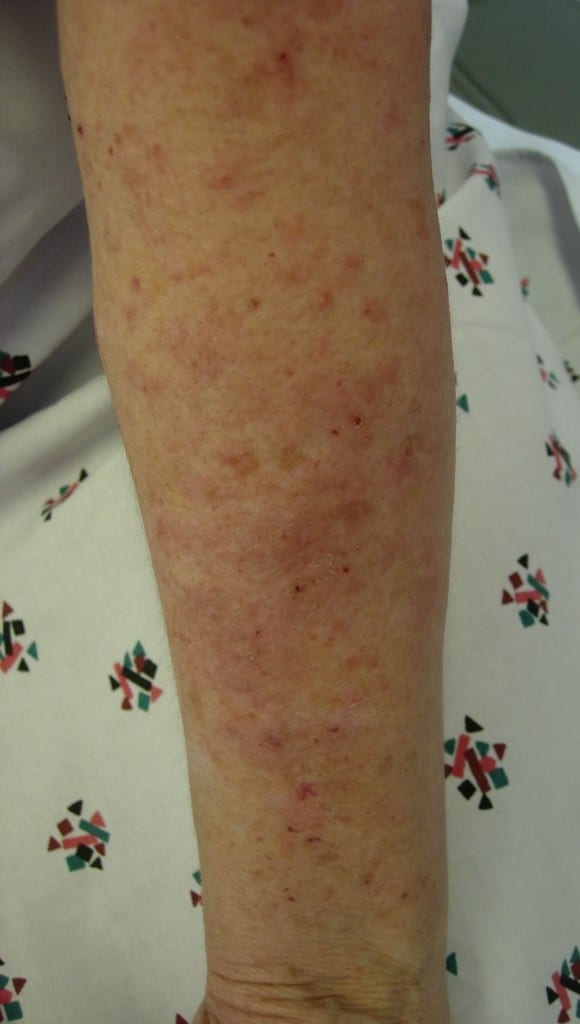 Atopic Dermatitis, also known as Atopic Eczema, is one of the most common forms of eczema on the skin. Approximately 15-30% of children and 2-10% of adults suffer from this inflammatory skin condition that can cause significant itching and discomfort, not to mention secondary infections and damage to the skin. Although there is no cure, there are ways to treat and manage this condition in order to improve your daily life.
Atopic Dermatitis, also known as Atopic Eczema, is one of the most common forms of eczema on the skin. Approximately 15-30% of children and 2-10% of adults suffer from this inflammatory skin condition that can cause significant itching and discomfort, not to mention secondary infections and damage to the skin. Although there is no cure, there are ways to treat and manage this condition in order to improve your daily life.
Atopic Eczema
Atopic eczema is a skin condition in which your skin will become red and itchy. “Patients with Atopic Dermatitis tend to have excessively dry skin,” says Dr. Miriam Hanson, board certified dermatologist at Sanova Dermatology. “Over time, with persistent rubbing and scratching, the skin can become thick and scaly.” Scratching can also make the skin raw and crusting over the skin.
Atopic eczema can also be associated with a number of other diseases. “We’ve seen patients with acute reactions to foods, asthma, hives and allergic rhinitis,” says Dr. Hanson. This could be related to some underlying irregularities in the immune system – one of the current theories why some people develop this disease.
Typically, atopic eczema is diagnosed when people are young, and normally the eczema will lessen in severity as you age. Although it is most prominent in children and young adults, it is possible to develop eczema in adulthood. Also, it’s important to note that atopic eczema often runs in families and can be considered an inherited trait.
Is My Rash Infected?

“Skin infections can commonly occur in patients with atopic eczema, particularly in children,” says Dr. Adam Mamelak, board certified dermatologist in Austin, Texas. “There is a very unique relationship between this disease and bacteria that live on our skin.” For years it’s been observed that a bacteria called Staph aureus colonizes the skin of patients with atopic dermatitis. Scratching and breaks in the skin can lead to Staph infections and impetigo. Interestingly, these infections in turn can cause eczema to flare even further. “Controlling levels of Staph on the skin have been found to help quiet this disease,” explains Dr. Mamelak.
How Can You Relieve the Pain?
Depending on the severity of your condition, you can do simple things like avoiding harsh chemicals and cleansers, which can exacerbate your condition and make your skin feel even worse. Additionally, it’s important to take care of your skin. Try to avoid taking really hot showers or baths, itching the skin, and even certain kinds of food. If you let your skin become even drier than it already is, it will only make the itching worse and get you deeper into the cycle. You can try to avoid certain activities and exposures but sometimes, that’s simply not enough.
If your atopic eczema is severe or under poor control, you should seek medical attention. Topical steroids and other anti-inflammatory agents are generally considered first line therapies for treating and preventing atopic dermatitis flares. Anti-histamines can also both for itch-relief and sedation for nighttime discomfort. “Phototherapy is another a highly effective in decreasing inflammation and controlling symptoms,” says Dr. Mamelak. “Patients like this approach because it avoids oral pills and systemic therapies that can have significant side effects.” Dr. Mamelak frequently uses Narrow Band UVB phototherapy in patients with moderate to severe disease and extensive skin involvement.”
Contact Us
You don’t have to suffer when there are ways to manage your condition. To learn more about how your atopic eczema can be controlled, please contact us at Sanova Dermatology today.
Join Us
